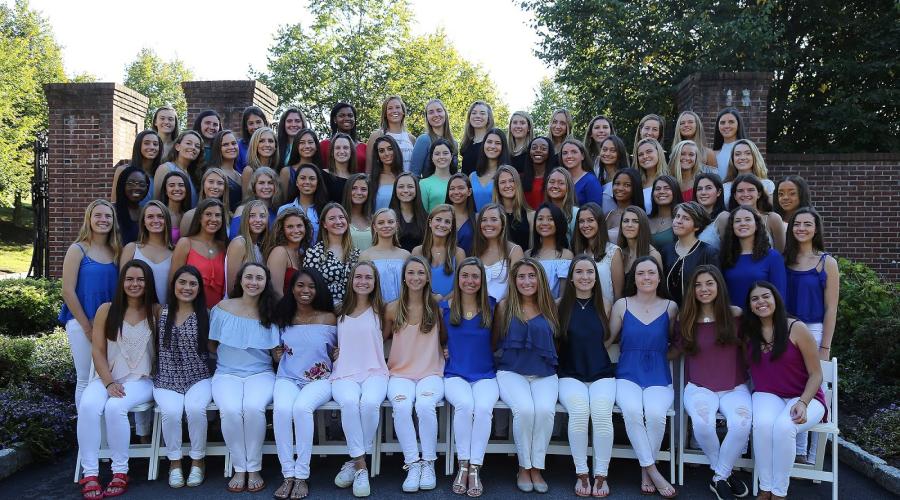
The Privilege Spectrum
Coming to Cornell this past year from my high school was a very interesting transition. I went to a practically all white, all girls private school with an outrageously wealthy demographic. I was surrounded by privilege on the daily and was hyper aware of my minority status. I was at my school for 8 years and despite these differences I found my place in this Greenwich, Connecticut bubble. I vacationed in Martha’s Vineyard and Cape Cod with my high school friends, rode on their boats, and was driven home in Teslas. While there, I kind of labeled myself as the poor kid and the black kid. No matter how much I bonded with my classmates, I would never be like them because my parents don’t make nearly as much money as theirs.
Now as a Cornellian, my idea of privilege has completely shifted. For one, when people think I am rich simply because I am from Westchester County, I find it hilarious because I have never ever had that label in my life. Frankly, I have always been labeled the opposite. Yes, there are plenty of rich kids at Cornell who flaunt their wealth which is reminiscent of my high school. But, I better recognize my own privilege. To go to Cornell, be born in America, not be food insecure, have immediate family in good health, and financial support are all blessings and certainly privilege. At my high school, I was not having the conversations I am having now. I am surrounded by much more people of color on campus and discuss white privilege very often. I dig deeper into the issues of privilege through these conversations, my own observations, and personal experiences.
This summer, my research on bail reform is intertwined with the privilege of wealth and whiteness. People of color and low-income communities are inherently disadvantaged in the criminal justice system. Observing Buffalo City Court has been both valuable and disheartening. Seeing the dread in defendants’ eyes after hearing the thousands of dollars they must scrape together in order to buy their freedom is heartbreaking. I saw multiple plea deals orchestrated before my eyes. These experiences have been insightful in better understanding white privilege and my own. The far majority of defendants were black. In the courtroom, it was hard writing notes about people’s lives who were being destroyed. Who am I to sit and observe your pain for the sake of research?
Those who cannot afford bail are held pretrial and are more likely to accept plea deals but, as a result, have to live with the consequences of a criminal record: difficulty finding jobs, the higher cost of another charge, and limited child custody rights. The main indicator for whether someone is convicted of a crime is whether they were held pretrial. Pretrial detainment alone undermines the criminal justice system and further oppresses marginalized groups of people.
This inequity again puts my own privilege in check. Although I am a black woman in America who may not be financially secure, I have never been arrested, no one in my immediate family has been arrested, and my neighborhood is not heavily policed like so many Buffalo communities. Everyone has some form of privilege. Things can always be worse and I have learned to be more appreciative of all the gifts I have, especially in my first year at Cornell. We all must recognize our privilege and advantages to help those who are not as fortunate as ourselves.
